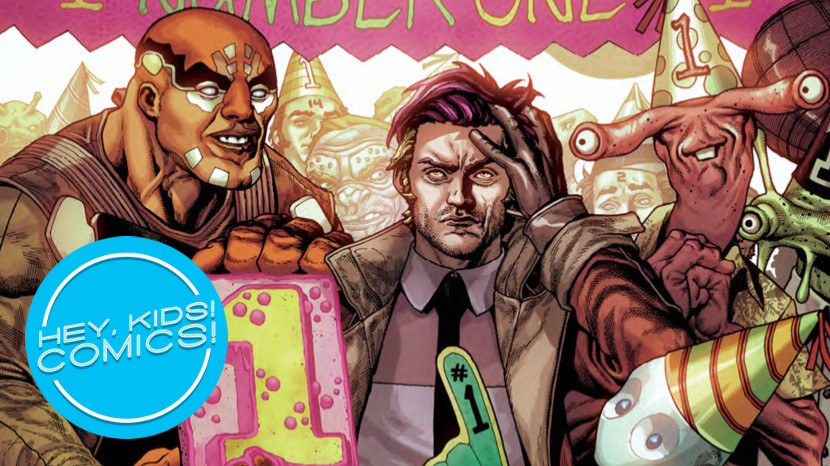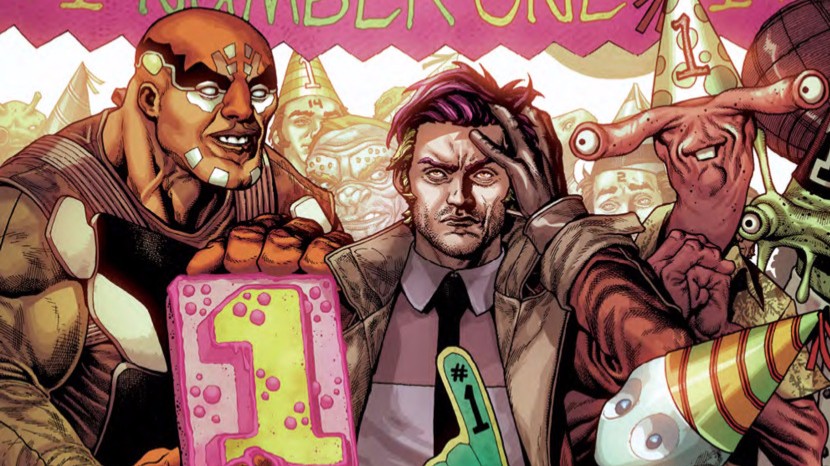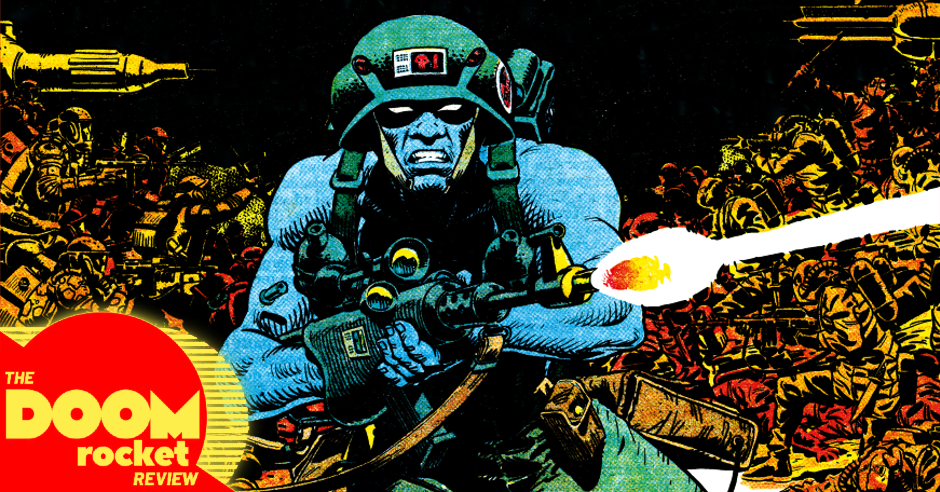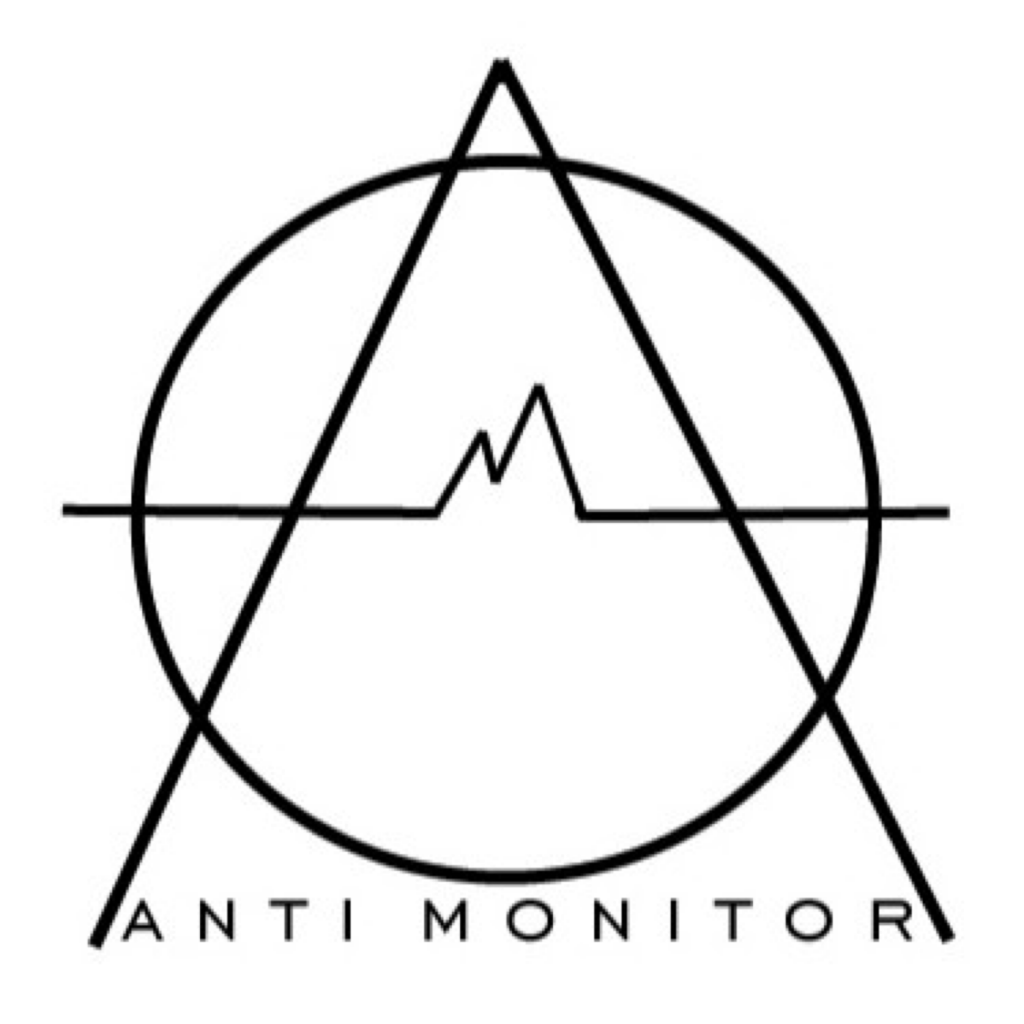
By Scott Southard. The eye-bulging anticipation that comes with a brand new series is a large, looming beast, but to be the flagship title of a brand new publisher encapsulates an entirely different dimension of daunting. Previous titles have set standards to live up to, expectations of critics and fans are always feverishly high, and the overall well-being of the new publisher depends on the success of the issue. In many ways, this pressure and attention is inarguably unfair for the creators, but in the rare instance that the expectations are met, the public is gifted with a lasting cultural artifact that defines a historic moment in comics.
The ambitious new imprint, Aftershock Comics, launched its first title and did so in startlingly fine form. They’ve nabbed some of the industry’s bigger names for a multitude of new series and chose to lead with Paul Jenkins’ futuristic space-piece, Replica. It follows Trevor Carter, a competent, if average, detective as he stumbles through his day to day professional life. But more than a cop thriller or a workplace drama, Replica drops the reader into a situation they can readily identify and commiserate with.
I never thought a sci-fi action think-piece would embody the universal frustration we all experience when every single coworker one works with seems incapable of doing their job correctly. We’ve all felt this anger, and a small step back into objectivity generally reveals that most fellow employees are doing their best, but the floating-in-a-sea-of-idiots phenomenon inevitably pops up again and again, and Replica, er, replicates that feeling, with all the tooth-grinding frustration that comes with it. Plopped into a dynamically layered setting, the concept is fresh and believable. But more than that, it engenders an immediate sense of empathetic resentment.

Much of the accessibility of Replica comes from its constant humor and approachable writing style. Well-executed linguistic slapstick that harkens back to Airplane’s “What’s your vector, Victor?” gags pepper the length of the issue (there’s even a brief “Roger, Roger” line) and Detective Carter’s voice is as relatable as it is irreverent. This extends to the meta-self-conscious narrator, apologizing for a sloppily-worded monologue while introducing the setting. Put concisely, it’s charming, straightforward, and funny as hell.
First issues all endure a groundswell of anticipation, and this is only amplified in the instance of a maiden voyage of a new imprint. Replica #1 does a fine job of laying out the potential for future growth without leaving the reader confused or the story too open-ended. What’s next? Blade Runner-esque cyborg/humanity conflict? The pros and cons of the American melting pot? Isolationist redemption? There is no end to the social and critical issues that Jenkins can (and assuredly will) address. That makes me a happy reader, certain that the fate of Aftershock is in good hands.
AfterShock Comics/$3.99
Written by Paul Jenkins.
Art by Andy Clarke.
Colors by Marcelo Maiolo.
Letters by Clayton Clowes.
8.5 out of 10













